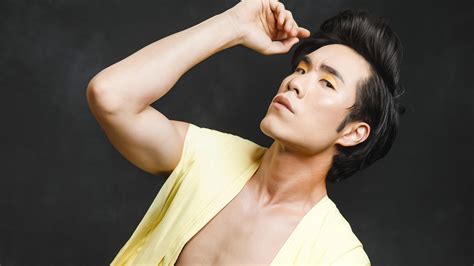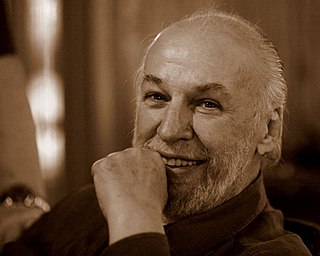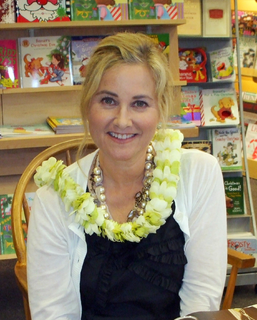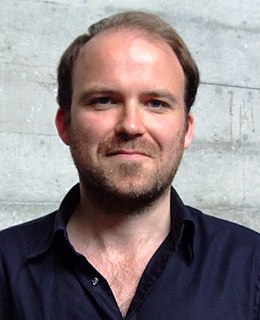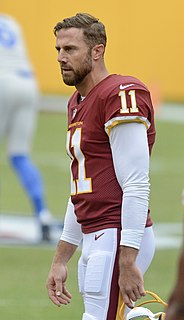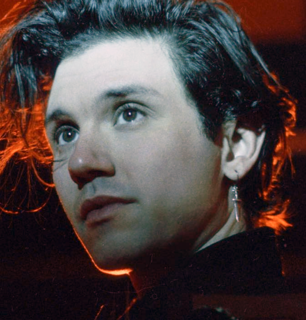A Quote by Meg Wolitzer
After a certain age, you felt a need not to be alone. It grew stronger, like a radio frequency, until finally it was so powerful that you were forced to do something about it.
Related Quotes
Growing up in Texas, I was already dealing with the fact that I didn't even know I was Asian until a certain age. I just was informed about it in a somewhat negative way by my peers. And that immediately put me into that mindset where I felt very othered. My safety always felt like it wasn't something that I could consider a given.
And I saw it didn't matter who had loved me or who I loved. I was alone. The black oily asphalt, the slick beauty of the Iranian attendant, the thickening clouds--nothing was mine. And I understood finally, after a semester of philosophy, a thousand books of poetry, after death and childbirth and the startled cries of men who called out my name as they entered me, I finally believed I was alone, felt it in my actual, visceral heart, heard it echo like a thin bell.
[My mother] was the oldest of two sisters and two brothers, and she grew up with her brothers, who were about her age. She grew up, to the age of ten, like a wild colt, and then all of a sudden that was over. They had forced on her her 'woman's destiny' by saying, 'This isn't done, this isn't good, this isn't worthy of a lady.'
Listen- my relationship with radio on a personal level is nothing but a one way love-a-thon... I love radio, I grew up on radio. That's where I heard Buddy Holly, that's where I heard Chuck Berry. I couldn't believe it the first time I heard one of my records on the radio, and I STILL love hearing anything I'm involved with on radio, and some of my best friends were from radio. But we were on different sides of that argument, there's no question about that.
At the age of 50, I did "Celebrity Fit Club" and I had to get on a scale and be weighed in front of everyone. I felt like I was naked and for the first time, there was nowhere to hide. I felt like I could finally be myself. It was really cathartic, and I realized I could share my mistakes. I could tell my story and not be ashamed, and show others with these same problems that they aren't alone.
In order to be able to make and keep commitments... to enduring, intimate relationships... you need to be a certain kind of person. You need to be a powerful person. Powerful people take responsibility for their lives and choices. Powerful people choose who they want to be with, what they are going to pursue in life, and how they are going to go after it.
We had a moment in the '40s and '50s, where female characters were very strong in film, where these incredible roles were written for women like Joan Crawford, like Bette Davis. But then there was a space of time where - I don't know why - it wasn't like that. It became difficult for women to find certain roles after a certain age.
To be honest, the search for a label was really weird, because some of the labels that you wouldn't expect to care about stuff like radio formats were the ones that did care. They were like, 'Yeah, we love this record, but what are we going to play on the radio?' And I was like, 'You don't have bands on the radio.'

